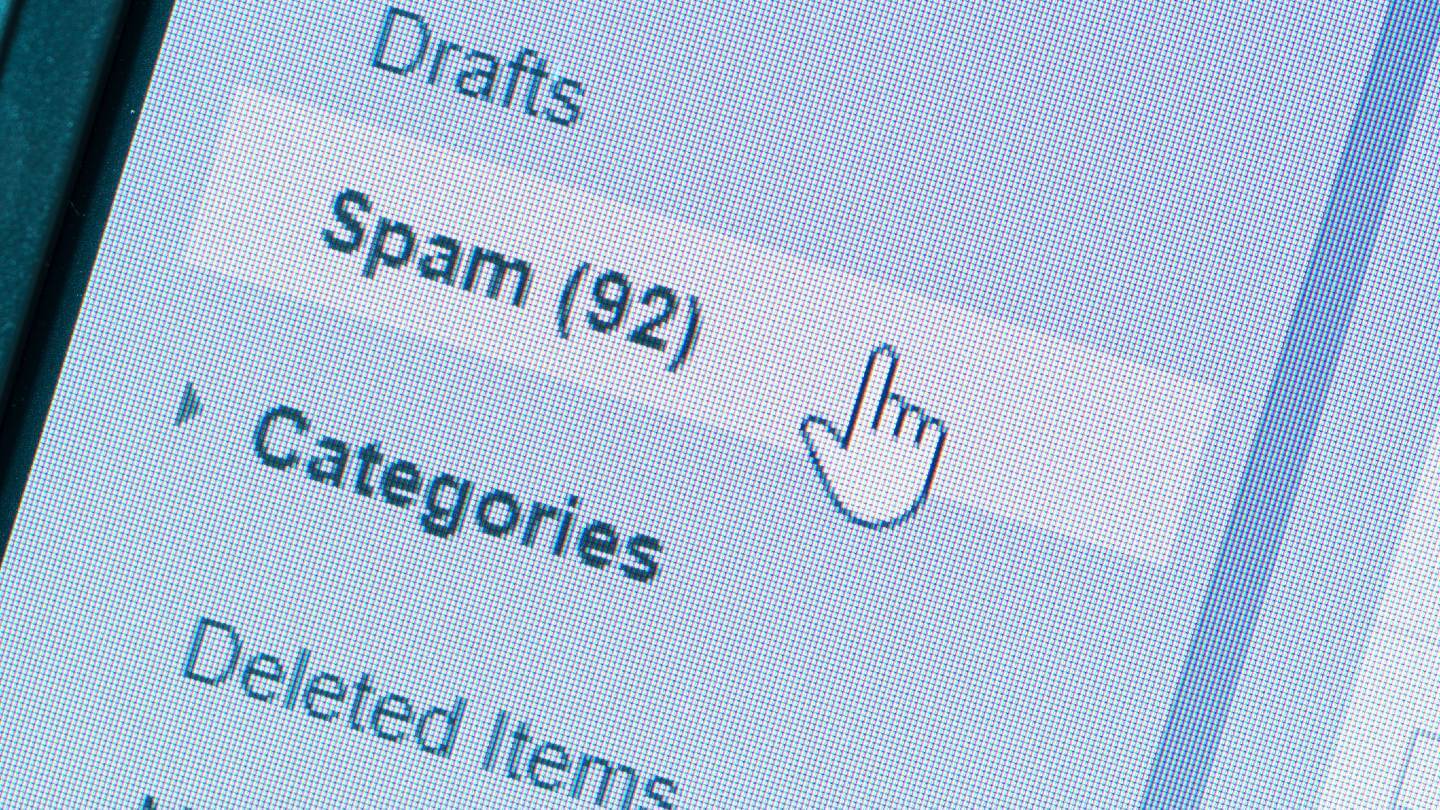Both sides of the net neutrality fight ended up with fake comments of support in 2017. Why should we care about this? The comments the U.S. government receives from the public can influence how legislators vote and this occurred at a time when decisions were being made about repealing Obama-era net neutrality laws.
Nearly 18 of the 22 million messages the Federal Communications Commission (FCC) received regarding net neutrality laws in 2017 were fake, according to a report released in May 2021 from the Office of the New York Attorney General (OAG NY). Of the 18 million fake comments, 8.5 million of the anti-net neutrality comments were paid for by internet service providers (ISPs).
On top of that, the OAG discovered that over 7.7 million of the fake pro-net neutrality comments were created by a 19-year old college student.
Need a refresher on net neutrality?
Net neutrality laws mandate ISPs to keep the internet free by providing all online content equally without favoring or blocking specific products, websites or types of content.
Although the OAG discovered that millions of messages sent to the FCC about net neutrality laws were fake, they were unable to find any evidence of any legal violations.
Here’s what they did find.
Broadband companies spent over $4M to generate 8.5 million fake comments
One of the main findings from the OAG fake comments report shows some of the largest U.S. broadband companies helped fund a secret campaign in 2017 to promote repealing net neutrality laws and this campaign generated fake support for the cause. The OAG did not find any legal violations on behalf of the broadband companies because they could not find evidence that the broadband companies had direct knowledge of fraud.
“That said,” the report wrote, “red flags were ignored by the campaign organizers and the way that they conducted their campaign — hiding the broadband industry’s involvement, relying on lead generators that used commercial incentives to lure people to comment, and paying dubious vendors for volume rather than quality — is troubling and raises important policy questions.”
While the OAG could not find explicit evidence of broadband companies engaging in fraudulent activities, they suggest in the report that these companies should have known that the comments to the FCC were fake.
It is clear that the broadband industry would not have been able to rely solely on grassroots support to fund its campaign since there was simply not enough support from the public for repealing net neutrality laws. In reality, the majority of Americans support net neutrality, according to the AOG.
As a result, the campaign hired an outside company to generate 8.5 million fake comments that were then sent to the FCC. Congress also received over half a million fake letters supporting the repeal of net neutrality.
Why would broadband companies do this?
The short answer is money. Net neutrality laws force broadband companies to offer the same speed internet for every website a user clicks on. Without net neutrality, broadband companies would be able to pick and choose which websites would load quickly and which ones would not, giving them control over which websites a user chooses to stay on.
Although prioritizing websites that require faster internet speeds could potentially be helpful, such as giving extra broadband to streaming services like Netflix, this degree of autonomy gives broadband companies too much power over how their clients use the internet. This can make broadband companies a tremendous amount of money since companies would be fighting to outbid their competitors in order to ensure their websites were the ones being prioritized.
The remaining 10 million fraudulent messages
While broadband companies were found to be the culprit for the bulk of fraudulent messages sent to the FCC, they were not the only ones generating millions of fake comments. As for the 7.7 million fake comments created by the college student, these fake messages were supporting net neutrality laws, instead of opposing them.
Those messages did not even use names and addresses of real people, like the broadband companies used. Instead, all 7.7 million comments were created using fabricated names and addresses that were generated by software.
The FCC received an additional 1.6 million pro-net neutrality comments; however, the OAG was not able to determine the source of these comments.
Where are we now?
Although the current administration has named reinstating net neutrality laws as a priority, they have not yet been able to achieve this goal. President Biden first had to appoint a fifth FCC commissioner in order to pass this bill and this was not achieved until October 2021, when he nominated former FCC official Gigi Sohn as the fifth commissioner and appointed Jessica Rosenworcel FCC chairwoman. However, Gigi Sohn is not an official commissioner until verified by the senate.
With all the pieces now in play, it is only a matter of time until the administration pushes to reinstate net neutrality laws. However, no news has been released about what this timeline may look like.
Allconnect: Let us compare providers for you
Why should you choose Allconnect? We’re the #1 broadband marketplace in the U.S, meaning you can trust us to search, compare and order internet and TV service for your home.
Get started

Written by:
Ari HowardAssociate Writer, Broadband & Wireless Content
Ari Howard is a staff writer Healthline and spent two years as a writer on the Allconnect team. She specialized in broadband news and studies, particularly relating to internet access, digital safety, broadband-…
Read more
Edited by:
Robin LaytonEditor, Broadband Content
-
Featured
![What is net neutrality? How does it affect you?]() What is net neutrality? How does it affect you? Taylor Gadsden — 10 min read
What is net neutrality? How does it affect you? Taylor Gadsden — 10 min read -
Featured
![10 tips to shop more safely online and protect your privacy]() 10 tips to shop more safely online and protect your privacy Joe Supan — 6 min read
10 tips to shop more safely online and protect your privacy Joe Supan — 6 min read -
Featured
![Is your ISP tracking your personal data?]() Is your ISP tracking your personal data? Ari Howard — 5 min read
Is your ISP tracking your personal data? Ari Howard — 5 min read
Latest
-
Wednesday, April 24, 2024
Why do you need an Optical Terminal Network?Taylor Gadsden — 2 min read
-
Tuesday, April 23, 2024
Worried about losing your TV signal? This is how to keep your satellite dish cleanDavid Anders — 6 min read
-
Tuesday, April 23, 2024
How to change your Wi-Fi network passwordCamryn Smith — 2 min read





